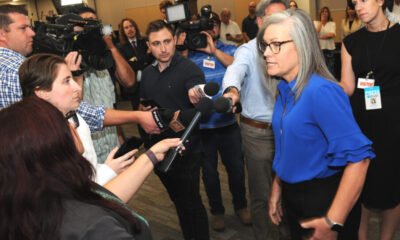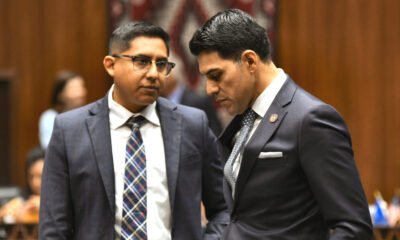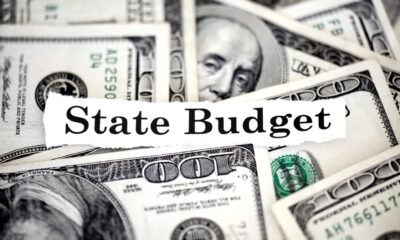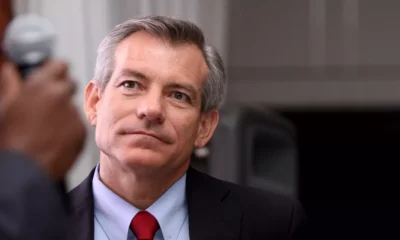2026 budget
Hobbs Unleashes $17.7B Budget Overhaul to Combat ‘Entitlement’ Vouchers
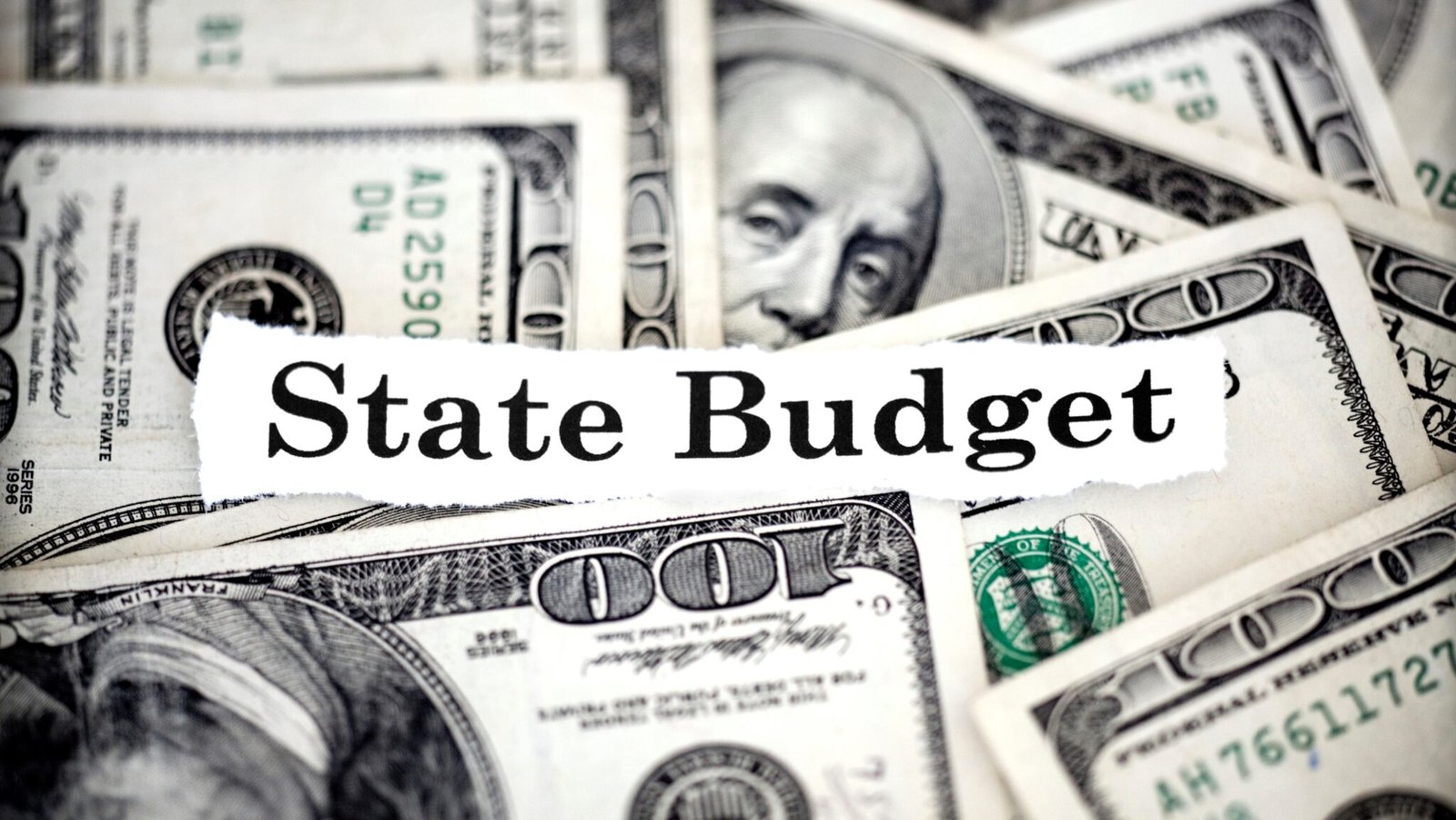
Governor Katie Hobbs has unveiled a budget proposal aimed at curbing expenditures on private school vouchers, labeling such funding as an “entitlement” for affluent residents of Arizona.
Her fiscal plan for the 2026 year outlines a nearly $17.7 billion budget and adopts a more moderate stance on reforming the Empower Scholarship Account program compared to previous attempts.
Previously, Hobbs advocated for the outright termination of the universal voucher system, an initiative that faced resistance from the GOP-controlled legislature. Now, she seeks to implement means testing to limit funding for families earning above certain income thresholds.
Since its expansion in 2022, the voucher program has grown significantly, allowing any K-12 child to access funds for private schooling, homeschooling, or college savings, regardless of parental income.
Prior to this, the program catered to around 12,000 students meeting specific eligibility criteria; the current enrollment exceeds 83,000, with a budget nearing $1 billion, according to state education officials.
In earlier proposals, Hobbs suggested eliminating the expanded portion of the vouchers and required students to attend public schools for at least 100 days before qualifying for vouchers.
Now, her new proposal introduces graduated income limits: households earning $100,000 or less would qualify for full voucher reimbursements, decreasing gradually for incomes up to $200,000.
Despite the proposed changes, analysts predict that Hobbs’ initiatives regarding the ESA will likely face opposition in a final budget approval, which requires agreement from the Republican majority in the state legislature.
Republican leaders, including former Governor Doug Ducey, have historically supported the program’s expansion and upheld commitments to “school choice.”
According to Hobbs’ office, approximately 73% of students using the universal portion of the program had never attended public school and were already enrolled in private schools or homeschooled before obtaining vouchers.
Christian Slater, a spokesperson for the governor, emphasized the need for enhanced accountability in what he described as an “entitlement program,” regardless of opposition from Republican lawmakers.
“Legislators need to consider whether they prefer raising salaries for public safety officials or funding extravagant benefits,” Slater stated.
Alongside voucher reforms, Hobbs is requesting an additional $285.6 million for public K-12 education. However, whether this represents new funding remains uncertain, hinging on the extension of Proposition 123, which is scheduled to expire at the end of June.
Passed by voters in 2015, Prop. 123 increased the distribution of state land trust revenues for K-12 education. Ongoing negotiations concern not only the timing of its renewal but also the percentage distribution.
A potential special election is being eyed for May 2025, though talks continue. Failure to reach consensus could mean Hobbs’ proposed education funding merely offsets losses from the expiring proposition.
In response to Hobbs’ budget, Arizona House Speaker Steve Montenegro emphasized the need for a balanced approach, expressing concerns about parental choice, fiscal prudence, and public safety.
“We need to prioritize policies that support families and stimulate economic growth,” he remarked.
Key financial components of Hobbs’ budget include $886 million in one-time spending. This marks a significant increase compared to last year’s budget of $16.1 billion.
With moderate revenue growth anticipated, Hobbs plans to bolster the rainy day fund from $1.48 billion to $1.54 billion.
Her budget earmarks $10 million to expand the Arizona Low Income Housing Tax Credit program and proposes $15 million for the Housing Trust Fund, along with $5 million for a new initiative to assist homeless veterans.
In education, $7 million is designated for tax credits aimed at increasing childcare availability for nearly 77,000 children in need.
Provisions for state universities include a total of $40 million for the Arizona Promise Program and restoration of operational funding.
On healthcare and public safety, the budget proposes expansions for family planning services and a notable $23 million for combating the fentanyl crisis in Arizona.
Also included are funds for law enforcement pay increases and compliance with federal rulings regarding prisoner rights and healthcare.
Hobbs’ budget aims to address a broad spectrum of needs while contending with the complexities of state governance and fiscal management.
***UPDATE: This article has been updated with comments from Arizona House Speaker Steve Montenegro.
